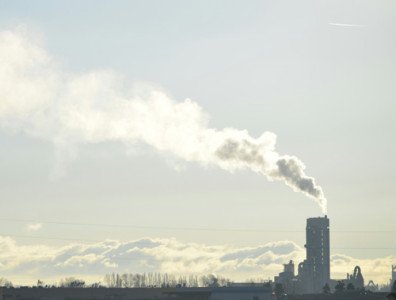Carbon reduction in New Zealand
New Zealand is not tracking very well on its carbon reduction path. Based on New Zealand’s achievements to date, Climate tracker’s rating that the country’s climate commitments as highly insufficient seem correct. The Government’s own report on the progress of New Zealand’s first Emissions Reduction Plan is not positive. While agencies reported implementation was on-track for most actions, the report also highlighted that meeting the first two emissions budgets (up to 2030) was not looking great. This is not surprising, given that this year alone Ministers were told the greenhouse emissions impacts of the climate spend in Budget 2023 would be minimal.
There is little practical support coming from the general public. A new survey shows that New Zealanders generally did not understand how to take individual action to fight climate change, and overestimated the impact of their eco-friendly actions. Recycling rated highest when it has little impact on climate change, while other options (buying less or living car free) that would make more of an impact, rated much lower.
The newly signed trade agreement with the European Union may provide a timely reminder of the need to meet New Zealand’s international commitments. The trade agreement with the European Union (EU) is among the first of the EU’s inter-governmental efforts to ensure countries meet their international environmental and labour obligations, containing an entire chapter on ESG obligations – ranging from women’s rights, employment obligations and international environmental obligations like the ones under the Paris Agreement. Both parties can bring disputes under the agreement if these obligations are not met.
Another timely piece of news from within New Zealand, came in the form of a High Court decision. In December 2022, the Climate Change Commission recommended changes to the price settings in the New Zealand Emissions Trading Scheme to create a two tiered cost containment reserve (CCR) with higher thresholds, and limit the number of available New Zealand Units (NZUs) if the CCR thresholds were met. This would have made it more costly to pollute. Cabinet overrode those recommendations due to a concern they would impact on the cost of living, and resolved to maintain the existing settings. Since that decision, the price of NZUs had been in freefall.
In an action brought by Lawyers for Climate Action, the Minister for Climate Change acknowledged that it had made the decision unlawfully. The High Court ordered that the December 2022 decision on price settings be made again by the Minister before the election. On this news, carbon markets rallied with the NZU price increasing to $47 at the time of writing.
This article was originally published by Dentons Kensington Swan in their monthly ESG newsletter. Subscribe on LinkedIn.
Dentons Kensington Swan is the official legal partner of Chapter Zero NZ.



